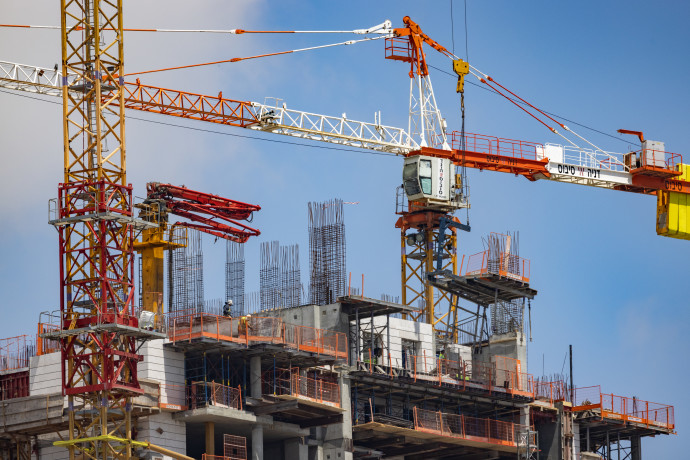Israel's government plans to sharply boost construction starts and expand a discount scheme aimed at restraining rapidly rising housing prices as demand continues to outstrip supply.
Under a joint plan by the finance, interior, and construction and housing ministries, Israel aims to start building 280,000 housing units by 2025, or 70,000 on average a year. That compares to around 55,000 a year over the past decade.
Construction and Housing Minister Ze'ev Elkin noted that the various incentives would mean a loss of as much as 20 billion shekels ($5.89 billion) to the country's lands authority, which allocates Israel's land to developers.
"The plan is not a one-step magic solution," Elkin said at a press conference on Sunday. "(But) we believe (it)... will stabilize Israel's housing market."
"The plan is not a one-step magic solution."
Ze'ev Elkin
The proposal, parts of which require parliament approval, also includes other measures, such as cutting red tape and building more housing units for rentals.

It is the latest government attempt to contain housing costs, with previous ones failing to stabilize prices.
Avigdor Liberman weighs in
It takes twice as long to build an apartment in Israel than it does in the United States and Britain, Finance Minister Avidgor Lieberman said at the news conference, citing data from the Israeli Central Bureau of Statistics.
Lieberman also cautioned that other factors, outside the government's control, could slow progress.
Analysts and central bank policymakers have long said the current number of building starts in Israel is too low to meet demand for buyers either looking to invest or for a home.
Along with rock-bottom mortgage interest rates, housing prices have more than doubled since 2010, with a 16% rise over the past year alone.
Rent has also jumped, pricing many out of the market and contributing to rising inflation. Israeli media have reported double-digit gains in rental rates this year.
Data show that a four-room apartment in Israel averages nearly 2.5 million shekels, with prices far higher in Tel Aviv, Israel's financial and cultural capital.
